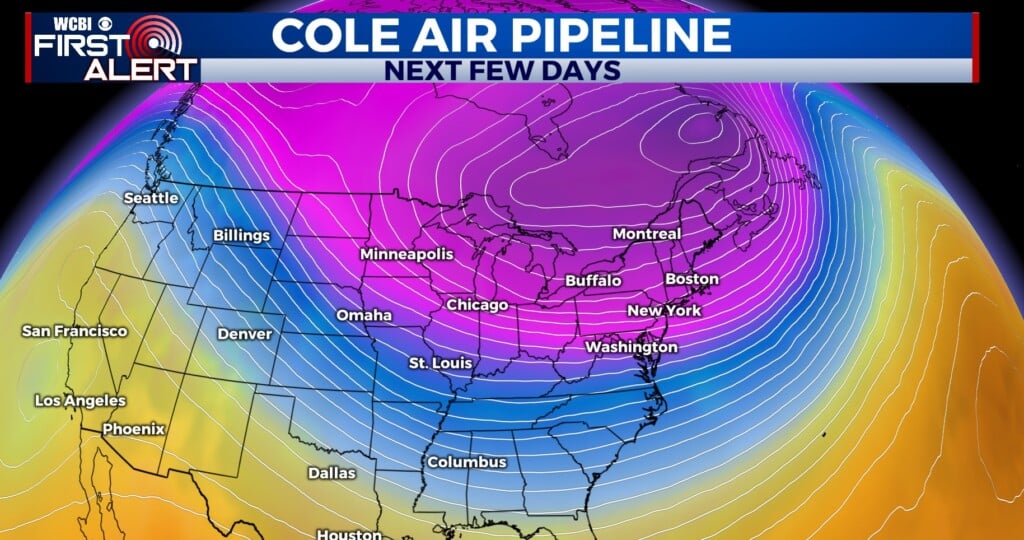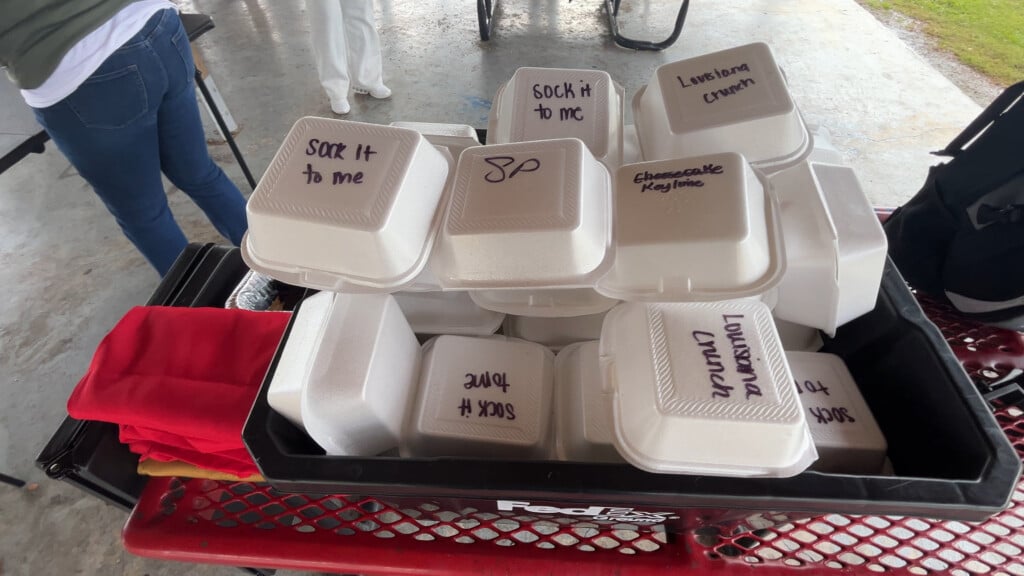U.S. expels 6,300 migrants from border under coronavirus order
The Trump administration on Thursday announced it expelled more than 6,300 migrants along the U.S. southern border in March, sending them to Mexico or their home countries under a public health directive that officials say allows them to override immigration and asylum laws to curb the spread of the coronavirus.
Under an order issued by the Centers for Disease Control and Prevention (CDC) on March 21, U.S. border officials have moved to rapidly process migrants encountered along both land borders. During a conference call with reporters, Acting Customs and Border Protection (CBP) Commissioner Mark Morgan said more than 80% of migrants now encountered at the southern border are being removed from U.S. soil within hours.
Those expelled by Border Patrol under the public health order include 5,614 adults, 393 members of families and 299 unaccompanied migrant children, CBP officials said.
In the last three weeks, border crossings have decreased by 50% and CBP is currently holding about 100 migrants — a 97% drop, according to Morgan. Since the implementation of the CDC order, officials have been encountering about 4,200 migrants per week, a sharp drop from the weekly average of 10,000 before the directive was issued, according to CBP officials.
Had the CDC order not been issued, Morgan said immigration detention centers and migrant shelters would be overwhelmed, creating a fertile ground for the coronavirus to spread among his officers and the people they apprehend.
“This has to be a wake-up call that border security matters,” Morgan told reporters.
In total, U.S. border officials apprehended or turned back nearly 34,000 migrants at the southern border in March, including those they expelled under the CDC order. Mexico is not tracking how many migrants the U.S. has expelled to its territory under the public health directive, a Mexican official told CBS News.
During the press briefing, Morgan repeatedly stressed that the new measures were not an extension of the administration’s stringent immigration policies, portraying them instead as emergency efforts to safeguard public health. He said his agents are helping to curtail the deadly pandemic by rapidly removing “unvetted” and “potentially contagious” migrants.
But the new measures have garnered strong criticism from human rights groups and advocates for migrants because they further limit access to an asylum system that the administration had already severely restricted. Morgan on Tuesday confirmed that border officials are no longer processing unauthorized migrants at official border crossings, including those who ask for asylum.
Immigration officials are also using the CDC order to swiftly remove migrant children who come to the border alone, instead of transferring them to the U.S. refugee agency, a practice required under a law designed to protect minors from violence and exploitation. CBP is also now classifying minors who come to the border with family members who are not their parents or legal guardians as accompanied, departing from the “unaccompanied” minor definition in U.S. law, according to a letter from top Democrats on the House Homeland Security Committee to Acting Homeland Security Secretary Chad Wolf.
“Even in light of our current crisis, the United States continues to have a legal obligation to protect vulnerable children and prevent those arriving at our borders from being returned to places where they may face torture and persecution,” Representatives Bennie Thompson and Kathleen Rice wrote in Thursday’s letter.
But Morgan said migrant children could also carry the coronavirus and “pose an absolute public health risk” to the U.S. “The disease doesn’t know age,” he added.
An internal CBP document leaked to ProPublica shows that access to humanitarian protections like asylum has been effectively shut off with the new coronavirus measures. The sole avenue migrants have to try to seek protection, according to the document, is for them to “spontaneously” tell U.S. border officials they fear being tortured. But even then, officials must determine the claim is “reasonably believable.”
Asked by CBS News if humanitarian protections are still available at the southern border, Morgan said they were, but added that public health is currently the priority and “does trump other entities.” His deputy, Robert Perez, said rank-and-file officers still have some discretion to process migrants under immigration and asylum laws. But he echoed Morgan’s assessment that the public health order is the dominant legal authority at the moment.
“This is about public health folks. That overrides everything right now,” Perez said. “It has to.”





Leave a Reply